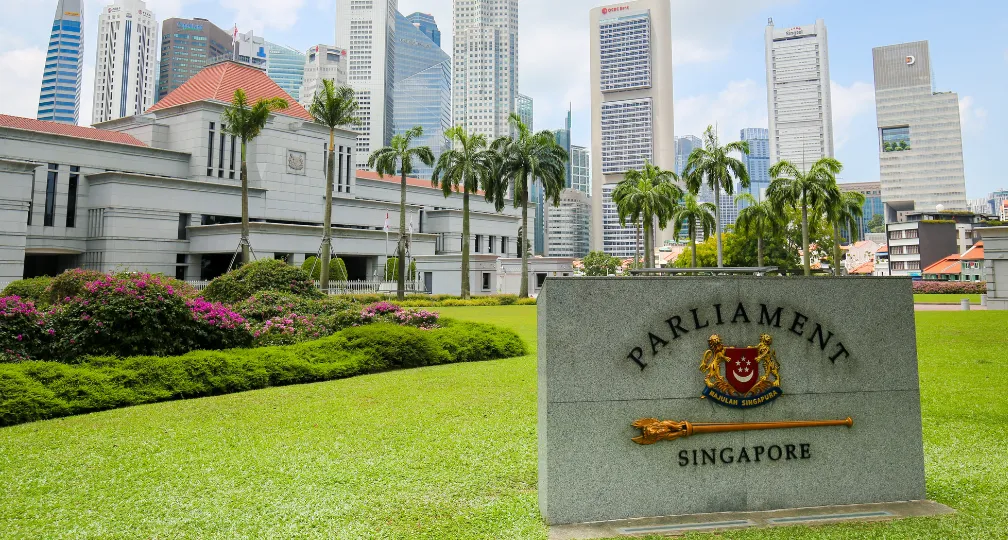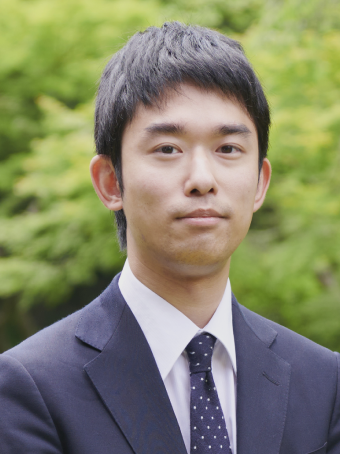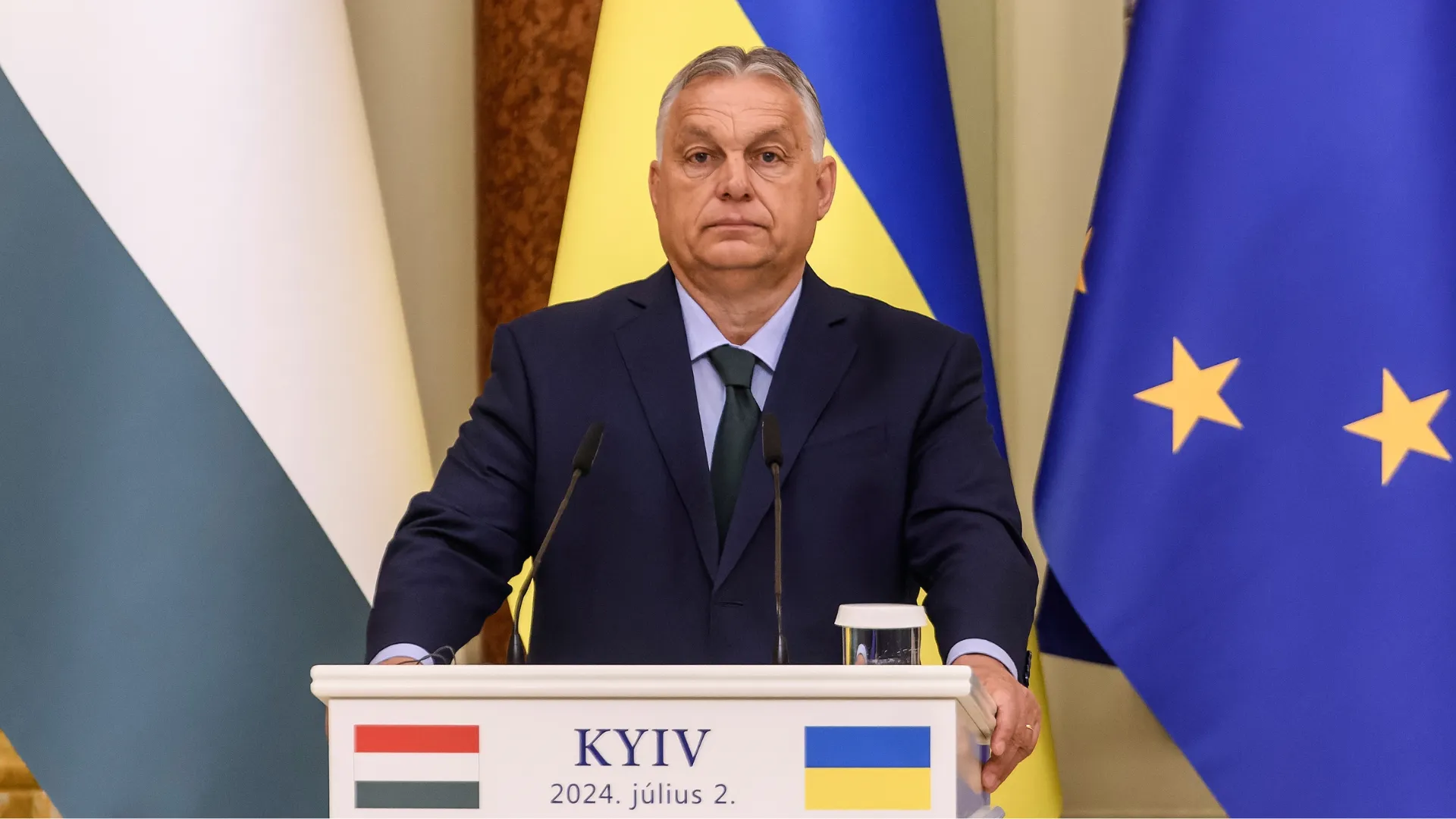解説 シンガポール総選挙:ウォン首相の信任、安定を求めた有権者

解説 シンガポール総選挙
2025年5月4日、シンガポールで総選挙(一院制、定数97)が実施され、1959年から政権を維持してきた与党・人民行動党(PAP)が87議席を獲得して圧勝した。得票率も前回選挙の61.2%から65.6%へと回復した。トランプ政権による関税政策が世界経済に混乱をもたらすなか、貿易依存度が極めて高いシンガポールにおいて有権者が安定を求めた選挙であったといえる。
他方、野党第一党の労働者党(WP)は議席数の増加には至らず、引き続き10議席を維持するに留まった。ただし、シンガポールには野党の議席が一定数(現在の規定では12議席)に満たなかった場合に、選挙区で敗れた野党候補者に議席を付与することで、野党に一定の発言権を確保する「非選挙区選出議員(NCMP)」という制度がある。この制度を通じて労働者党には追加で2議席が与えられ、同党の最終的な議席数は12となった。なお、前回選挙でNCMP制度を通じて初の議席を獲得したシンガポール前進党(PSP)をはじめ、労働者党以外の野党はいずれも支持を伸ばしきれず、今回の選挙では議席を獲得することができなかった。
今回の選挙は、2024年5月に就任したローレンス・ウォン首相にとって初の総選挙であると同時に、シンガポールの「創業家」であるリー(Lee)一族以外の首相で迎える初めての選挙でもあった。人民行動党が大勝したことにより昨年以来の指導部の移行プロセスを確立し、ウォン政権の立場を強化する結果となったといえる。しかし、生活費の高騰と住宅不足に対する国民の不満は高まりつつある。また、シンガポールでは経済成長と引き換えにメディア報道や集会の自由などの政治的自由を制限する規定が改善しつつも依然として残っているが、若年層を中心に政治的自由や拡大を求める声も大きくなってきており、こうした不満にウォン政権が今後積極的に対応していくことができるかどうか、もしくは野党がそうした不満を吸収して支持者と優秀な候補者を増やしていくのかどうかが注目される。

選挙は世界を変えるのか:岐路に立つ民主主義
選挙による国内政治のダイナミクスの変化は世界政治に影響を与え、地政学・地経学上のリスクを生じさせる可能性があります。また、報道の自由の侵害や偽情報の急増など、公正な選挙の実施に対する懸念が高まっているなか、今後の民主主義の行方が注目されています。本特集では、各国の選挙の動向を分析するとともに、国内政治の変化が国際秩序に与える影響についても考察していきます。
(Photo Credit: Shutterstock)


Research Fellow,
Digital Communications Officer
Yusuke Ishikawa is Research Fellow and Digital Communications Officer at Asia Pacific Initiative (API) and Institute of Geoeconomics (IOG). His research focuses on European comparative politics, democratic backsliding, and anti-corruption. He also serves as External Contributor for Transparency International’s Anti-Corruption Helpdesk, as Associate Research Fellow at the EUROPEUM Institute for European Policy, and as Part-time Lecturer in European Affairs at the Department of Economics and Business Management, Saitama Gakuen University. Prior to his current roles, Research Associate at IOG and API, contributing to its translation project of Critical Review of the Abe Administration into English and Chinese. Previously, he has worked as Research Assistant for API's CPTPP program and interned with its Fukushima Nuclear Accident and Abe Administration projects. His other experience includes serving as a visiting research fellow at EUEOPEUM Institute, a full-time research intern at Transparency International Hungary, and as a part-time consultant with Transparency International Defence & Security in the UK. His publications include "NGOs, Advocacy, and Anti-Corruption" (In Routledge Handbook of Anti-Corruption Research and Practice, 2025) and A Dangerous Confluence: The Intertwined Crises of Disinformation and Democracies (Institute of Geoeconomics, 2024). He has been featured in national and international media outlets including Japan Times, NHK, TV Asahi, Neue Zürcher Zeitung (NZZ), Handelsblatt, Expresso, and E-International Relations (E-IR). He received his BA in Political Science from Meiji University, MA in Corruption and Governance (with Distinction) from the University of Sussex, and another MA in Political Science from Central European University. During his BA and MAs, he also acquired teacher’s licenses in social studies in secondary education and a TESOL (Teaching English to Speakers of Other Language) certificate. [Concurrent Positions] Associate Research Fellow, EUROPEUM Institute for European Policy, Czechia External Contributor Consultant, Anti-Corruption Helpdesk, Transparency International Secretariat (TI-S), Germany Part-time Lecturer, Department of Economics and Business Management, Saitama Gakuen University, Japan
View Profile-
 Fed-Treasury Coordination as Economic Security Policy2026.02.13
Fed-Treasury Coordination as Economic Security Policy2026.02.13 -
 What Takaichi’s Snap Election Landslide Means for Japan’s Defense and Fiscal Policy2026.02.13
What Takaichi’s Snap Election Landslide Means for Japan’s Defense and Fiscal Policy2026.02.13 -
 Challenges for Japan During the U.S.-China ‘Truce’2026.02.12
Challenges for Japan During the U.S.-China ‘Truce’2026.02.12 -
 India and EU Sign Mother of All Deals2026.02.09
India and EU Sign Mother of All Deals2026.02.09 -
 Orbán in the Public Eye: Anti-Ukraine Argument for Delegitimising Brussels2026.02.04
Orbán in the Public Eye: Anti-Ukraine Argument for Delegitimising Brussels2026.02.04
 Orbán in the Public Eye: Anti-Ukraine Argument for Delegitimising Brussels2026.02.04
Orbán in the Public Eye: Anti-Ukraine Argument for Delegitimising Brussels2026.02.04 Fed-Treasury Coordination as Economic Security Policy2026.02.13
Fed-Treasury Coordination as Economic Security Policy2026.02.13 When Is a Tariff Threat Not a Tariff Threat?2026.01.29
When Is a Tariff Threat Not a Tariff Threat?2026.01.29 Oil, Debt, and Dollars: The Geoeconomics of Venezuela2026.01.07
Oil, Debt, and Dollars: The Geoeconomics of Venezuela2026.01.07 India and EU Sign Mother of All Deals2026.02.09
India and EU Sign Mother of All Deals2026.02.09











